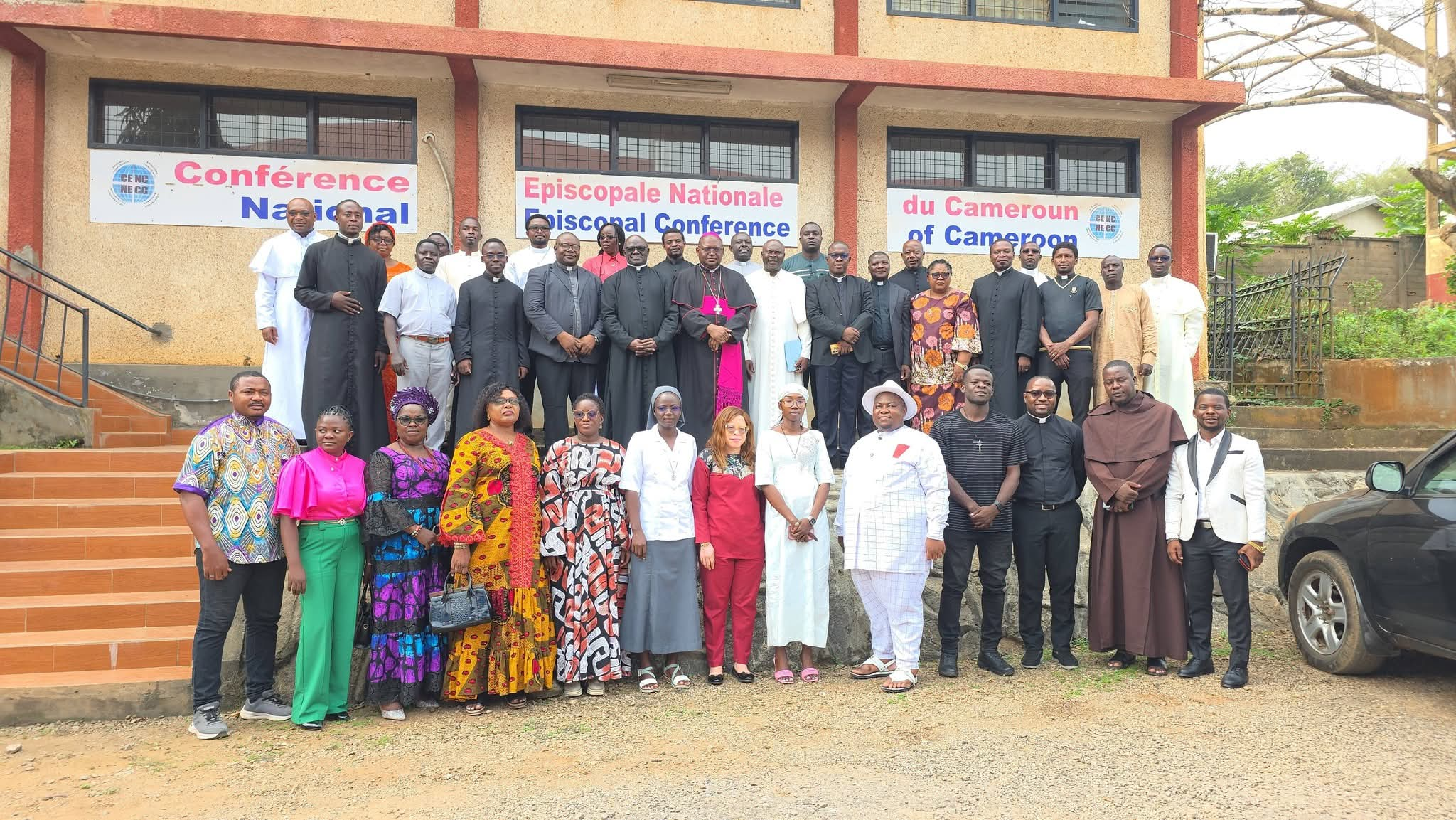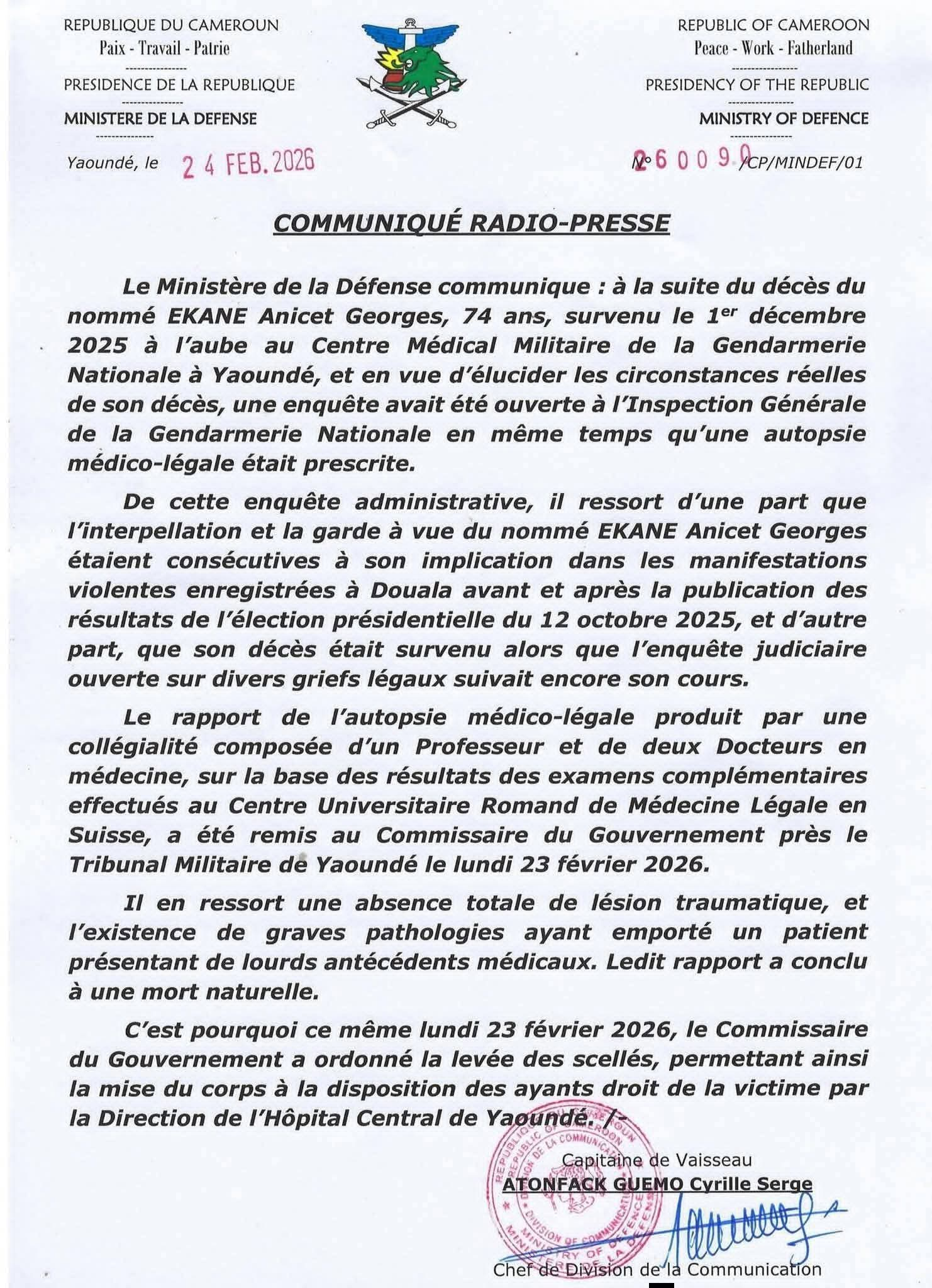The announcement by the Nigerian Government of the introduction of two key regulations put together to halt the massive oil theft in the Niger Delta and boost the country’s revenue from crude oil production is one of the trending stories in Nigerian newspapers on Tuesday.The Punch reports that the Federal Government, on Monday, announced the introduction of two key regulations put together to halt the massive oil theft in the Niger Delta and boost the country’s revenue from crude oil production.
It unveiled five draft regulations at a stakeholders consultation forum in Abuja, but pointed out that two of them – Upstream Petroleum Measurement Regulations, and Advance Cargo Declaration Regulations, were specifically drafted to tackle oil theft.
The other three regulations include the Significant Discovery Regulations; Gas Flaring, Venting and Methane Emissions (Prevention of waste and Pollution) Regulations; and Domestic Crude Oil Supply Obligation Regulations.
The government disclosed this through the Nigerian Upstream Petroleum Regulatory Commission, at the third phase of its consultation with stakeholders on regulations development as mandated by Section 216 of the Petroleum Industry Act 2021.
Providing insight into the regulations, the Executive Commissioner, Economic Regulation and Strategy Planning, NUPRC, Kelechi Ofoegbu, explained that the measurement regulations would give the regulator the capability of knowing exactly what was produced by different upstream oil operators.
He said, “All through the years of production in this country, there’s always been the question of how much we produce and how much we consume, from upstream to midstream to downstream.
“And we say it is enough already, because we should have come to the level of maturity as a producing nation that gives us the ability of staying in a room to monitor our hydrocarbon movements.
The newspaper says that despite having no crude oil refining capacity currently, Nigeria is actually on track to becoming Africa’s biggest crude oil refining hub in the next two years, the latest research on African refineries, along with the continent’s outlook for 2023, stated.
Hawilti, a pan-African investment research agency and advisor to businesses, investors, public and private institutions, as well as governments in Africa, released a report on the research on Monday.
“Both the opening of the Dangote Refinery and the rehabilitation of state-owned refineries have the potential to make Nigeria Africa’s biggest refining hub by 2025,” the report, which was obtained by our correspondent in Abuja, stated.
It said there was a positive outlook in West Africa and that the region was notably on the verge of change as new capacity was expected to come on stream in 2023.
The report stated that the region already housed the largest refining capacity in sub-Saharan Africa, although only 23 per cent of it was currently operational.
“The long-awaited Dangote Refinery, a 650,000 barrels per day single-train crude refining facility that has been a decade in the making, is finally expected to start production this year. Its commissioning is already sending hopes that it could finally start rebalancing Nigeria’s trade deficit.
“With all state-run refineries undergoing rehabilitation, Nigeria imports all its petroleum products, and heavily subsidises gasoline (petrol). It needs the Dangote Refinery to decrease imports, generate currency savings, fight inflation, and ultimately improve its macroeconomic outlook,” it stated.
It noted that Africa’s biggest oil producer had embarked on the rehabilitation of its three state-owned refineries in Port Harcourt, Warri, and Kaduna – totaling some 445,000bpd of refining capacity.
“Tecnimont continues to make progress on bringing Port Harcourt’s complex back to 90 per cent of its capacity while Daewoo E&C was selected in 2022 to execute two ‘quick fix’ projects at both Warri and Kaduna,” Hawilti explained.
The Guardian reports that the Chairman of Economic and Financial Crimes Commission (EFCC), Abdulrasheed Bawa, has been committed to prison for allegedly disobeying court order.
The court also directed the Inspector-General of Police, Usman Baba, to effect Bawa’s arrest and remand him in Kuje prison for the next 14 days until he purges himself of the contempt.
Justice R.O. Ayoola of the Kogi State High Court, in his judgment, yesterday, granted the application for committal to prison of the EFCC chairman for disobeying a court ruling delivered on November 30, 2022, wherein the EFCC chairman was directed to produce the applicant in the case, Ali Bello.
Bello had dragged Bawa to court for arresting and detaining him illegally, with the court ruling in his favour, only for the EFCC to arraign him for alleged money laundering three days after the ruling.
The EFCC’s applications for setting aside and stay of execution of the ruling were refused for want of merit.
The court had, in Form 49, Order IX, Rule 13, marked, ‘HCL/697M/2022′ and titled, ‘Notice to Show Cause Why Order of Committal Should not be Made,’ asked the EFCC chairman to appear before it on January 18, 2022 to explain why he should not be jailed for flouting the order given on December 12, 2022 in a case filed by Ali Bello against the EFCC and Bawa, as the 1st and 2nd respondents, respectively.
The court ordered that the EFCC and Bawa be served the motion of notice together with Form 49 by substituted means.
The newspaper says that as Nigeria’s debt profile continues to rise, the Nigerian Investment Promotion Council (NIPC) has initiated steps to curtail future borrowings by boosting the country’s foreign exchange earnings.
A part of the initiatives to achieve the set goals is through a master plan that is expected to open up more investment space for new investors, both foreign and local, as well as retain those already in the system.
Speaking on the direction with the media in Lagos yesterday, the Executive Secretary/Chief Executive Officer of the Council, Hajiya Saratu Umar, said the mandate of NIPC was critical in this regard being the agency of the Federal Government that has the statutory mandate to encourage, promote, and coordinate investment into the economy.
According to her, this is critical to promoting economic growth, creating jobs and generating wealth for Nigerians as well as facilitating development. This assignment is made very compelling if we are to set the nation on the path of sustainable progression towards becoming a prosperous nation.
She pointed out that there was a need to promote the country’s investment potential by putting up a marketing/branding strategy, stressing that there would be vigorous campaigns as the country cannot continue to go for loans.
She said: “Nigeria is a resource rich country with a potential that is unrivalled by any other country in the world. Investment promotion comes into attracting Foreign Direct Investment (FDI) and mobilise/remobilise Local Direct Investment to unleash the potential of the economy to the optimum.
“The market for FDI has become very competitive and versatile where the investment promotion thrust of successful jurisdictions that are attracting the largest global market share of FDI inflows are driven by effective, efficient and performance driven investment promotion agencies.
“With over 178 IPAs worldwide competing to channel FDI to their different countries, a compelling imperative is established that NIPC ensures Nigeria gets a fair share of this global market.
“This is especially important with the onset of the Africa Continental Free Trade Area, which is now in force where an investor can establish operation in any signatory country and access the Nigerian market.
“If we are to assert our position as a dominant regional player, we must enhance our investment drive.”




